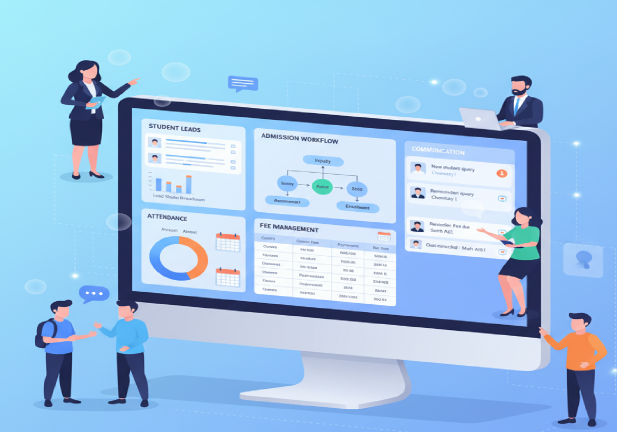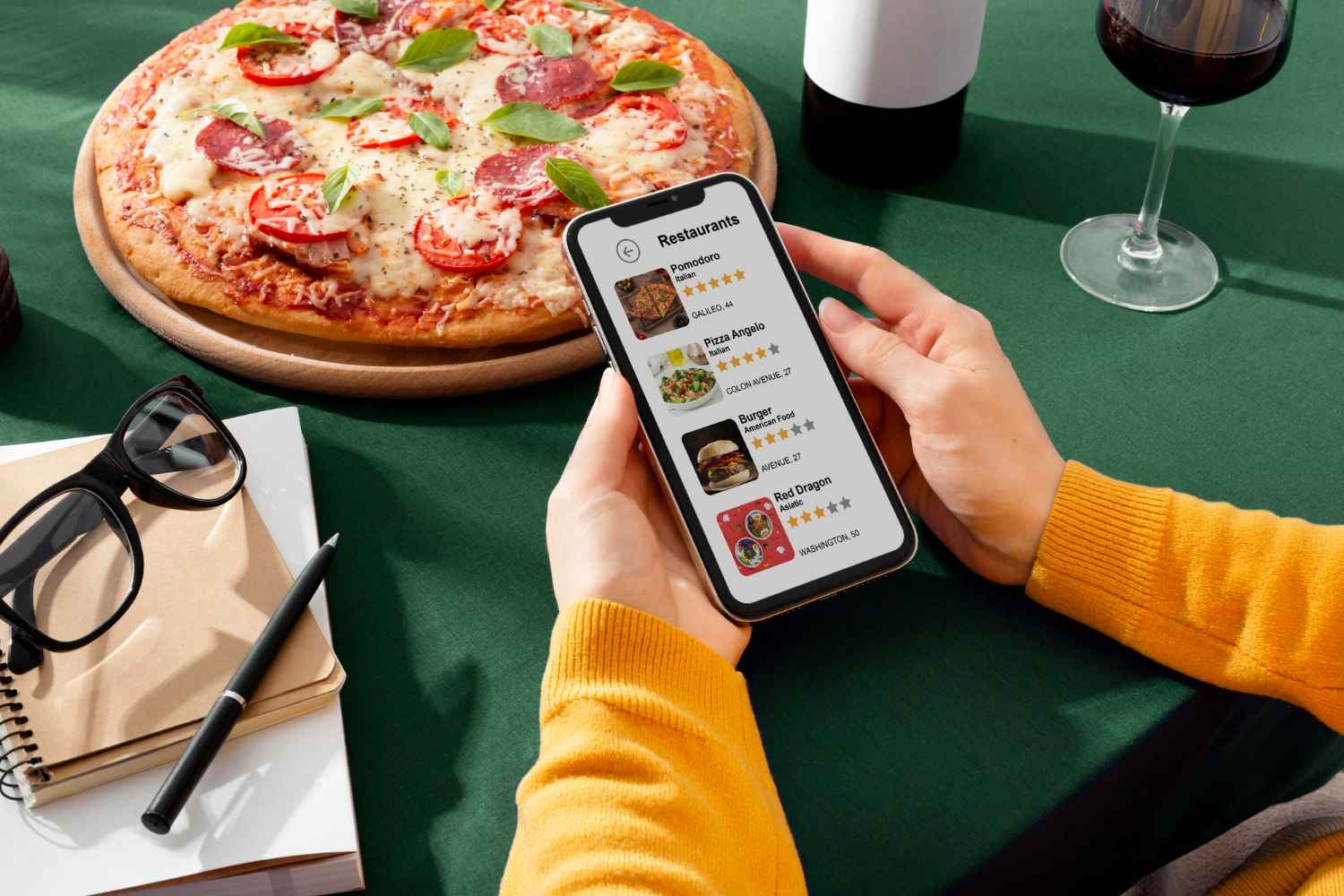In our fast-paced, tech-driven world, mobile apps have become a game-changer for the restaurant industry. They offer a way to elevate customer experiences, boost operational efficiency, and ultimately increase revenue. Behind the scenes, there are dedicated Mobile App Development Companies, including Android app development companies and iOS app development companies, working tirelessly to create customized mobile apps that cater to the unique needs of restaurants. In this guide, were going to take a deep dive into the world of restaurant business mobile app development. Additionally, well provide you with valuable insights on how to use these innovative tools to grow your restaurant business.
Part 1: Mobile App Development for Restaurants
1.1 Define Your Objectives
Begin by clarifying the objectives of your restaurant mobile app. Consider whether you want to focus on enhancing dine-in experiences, offering takeaway and delivery services, or a combination of both. Your objectives will shape the apps features and functionalities.
1.2 Identify Target Audience
Identify your target audience and their preferences. Different demographics may have varying expectations for your app, such as online reservations, digital menus, loyalty programs, or exclusive discounts.
1.3 Choose the Right Platform
Decide whether you want to develop your app for iOS, Android, or both platforms. Each platform has its advantages, so your choice should align with your target audience and budget.
1.4 Features and Functionalities
Determine the essential features of your app:
Menu and Ordering: Provide an easy-to-navigate menu with high-quality images and descriptions. Implement secure and efficient online ordering and payment options.
Reservations: Allow customers to book tables and specify their preferences, such as seating arrangements or special occasions.
Rewards and Loyalty Programs: Incentivize repeat visits with loyalty points, discounts, or exclusive offers.
Push Notifications: Send personalized promotions, special deals, and updates to keep customers engaged.
Reviews and Ratings: Enable customers to leave reviews and ratings, which can boost your restaurants reputation.
1.5 Design and User Experience
Invest in an intuitive, user-friendly design that reflects your brands identity. Ensure the apps interface is responsive and visually appealing.
1.6 Development and Testing
Hire experienced developers or work with a mobile app development agency to bring your vision to life. Rigorous testing is essential to iron out any bugs or glitches before launch.
1.7 Launch and Marketing
Launch your app on the chosen platforms and promote it through various marketing channels, including social media, email campaigns, and in-house promotions.
Part 2: Strategies for Restaurant Mobile App Growth
2.1 Customer Engagement
Engage with your app users regularly through push notifications, personalized offers, and updates on new menu items or events. Encourage feedback and reviews to build a loyal community.
2.2 Data Analytics
Leverage data analytics to gain insights into customer behavior, preferences, and ordering patterns. Use this data to refine your offerings and tailor promotions.
2.3 Loyalty Programs
Implement and continuously improve loyalty programs that reward customers for their loyalty. Consider offering exclusive discounts, early access to new dishes, or freebies.
2.4 Social Media Integration
Integrate social media sharing and login options into your app. Encourage users to share their dining experiences on platforms like Instagram and Facebook, spreading the word about your restaurant.
2.5 Online Ordering and Delivery
If your restaurant offers delivery services, streamline the online ordering and delivery process. Partner with popular food delivery platforms or develop your own delivery service.
2.6 Regular Updates
Keep your app updated with fresh content, including seasonal menus, special promotions, and event announcements. Regular updates encourage users to return to your app.
2.7 Customer Support
Offer excellent customer support through in-app chat, email, or phone. Address user inquiries and concerns promptly to build trust and satisfaction.
2.8 Collaborations and Partnerships
Explore collaborations with other businesses, such as local breweries, wineries, or event venues, to cross-promote each others services and expand your customer base.
Conclusion
A well-designed and strategically developed mobile app can be a game-changer for your restaurant business. By following this complete guide, you can create a mobile app that enhances customer experiences, boosts loyalty, and drives growth. Continuously engage with your audience, leverage data, and adapt to changing customer preferences to ensure the long-term success of your restaurant mobile app.











.jpg)
